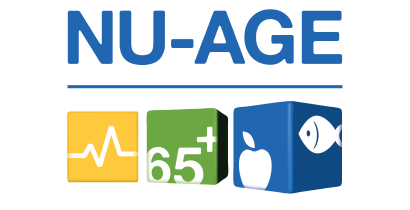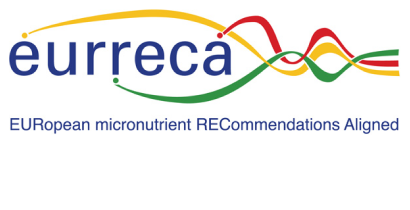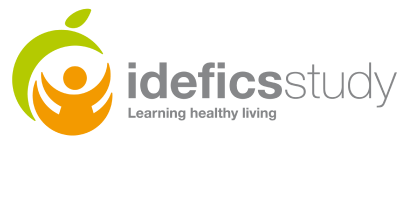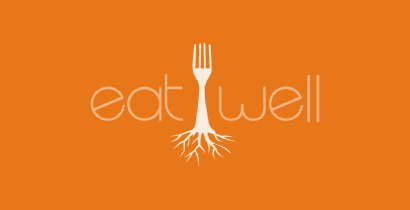Time to find the recipe for healthy ageing in Europe
Last Updated : 01 June 2011Europeans are living longer. Good news of course, but also a challenge as people should not just age, but also remain healthy for as long as possible. The EU-funded NU-AGE project will study how diet can promote health in the elderly and help to prevent the development of age-related diseases.
The Ageing Europe
Better living conditions, healthier lifestyles and better education, as well as greater access to quality healthcare services have meant that Europeans can expect to reach 78 years of age – an increase of six years compared to the 1980s.1 The increased life expectancy, in combination with the low birth rates observed in Europe, results in a dramatically growing proportion of elderly in the population, predicted to reach 40% by 2030.1 Hence, improving health in our seniors will not only save them from the sufferance of age-related conditions, but it will also ease the burden on society through reduced medical and social costs.
Diet and ageing - a case for NU-AGE
Diet is one of many factors – both biological and environmental – that play a role in ageing. By carefully selecting our diet we can affect
the ageing process. However, the influence of diet on age-related conditions is a relatively unexplored area of research and it is unclear as to what the optimal diet would be for healthy ageing.
What we do know is that the food we eat can influence the development of inflammation, a natural part of the ageing process. The low-grade, chronic inflammation seen in the elderly has been shown to be one factor in the development of age-related diseases such as atherosclerosis (thickening and hardening of artery walls with a resultant increased risk for heart disease), type 2 diabetes, and neurodegeneration leading to cognitive decline.
In this regard, the European Commission funded project NU-AGE aims to gain deeper knowledge about the role of diet in age-related inflammation over the next 5 years. It will allow the NU-AGE researchers to identify dietary strategies to meet specific nutritional needs and prevent agerelated disease.
NU-AGE research
One of the first tasks for NU-AGE is to design a food pyramid for those over 65 years old. This will be developed from food-based dietary guidelines, illustrating the proportions of different foods that should be included in a balanced diet. The NU-AGE food pyramid will be designed to meet the nutritional needs of the elderly by emphasising the concept of nutrient density, and appropriate intakes of water, dietary fibre, vitamin D and vitamin B12.
To study the effects of the NU-AGE food pyramid on health and ageing factors, seniors across Europe will receive dietary advice, fortified foods and other support to adjust their diets to match the pyramid. Food intake data and biological samples, for example blood, will be collected and analysed, and the results compared to those of elderly people not taking part in the dietary intervention. Alongside the dietary intervention, socio-economic determinants for food choice will be investigated and the best ways to communicate dietary recommendations to those over 65 will be explored.
Research becomes foods
Based on the knowledge gained about influences of diet on ageing and its potential to help prevent age-related diseases, foods designed specifically for elderly consumers will be developed. NU-AGE will also look into elderly consumers’ understanding and attitudes towards health and nutrition claims on food products in order to identify the best ways to communicate about them.
The NU-AGE consortium
The NU-AGE project is led by Professor Franceschi at the University of Bologna, who will coordinate the consortium. The consortium comprises 31 partners, that cover the wide range of expertise required in the project. A majority of the partners are universities and other research institutions, but food and drink industry representatives, from small- and medium sized enterprises to big companies, as well as trade associations, also have an important role to play, as well as EUFIC leading the communication activities.
Conclusions
Through its work, NU-AGE will seek to fill the current lack of knowledge on how the whole diet can impact on and counteract age-related diseases and functional decline. This knowledge will be valuable to a wide range of stakeholders – from the scientific community and health professionals to industry and policy makers. Creating awareness and increasing the understanding of the role of nutrition for healthy ageing will support them in their efforts to improve health and quality of life in our ageing population in Europe.
References
- OECD (2010), Health at a Glance: Europe 2010, OECD Publishing. Available at: http://dx.doi.org/10.1787/health_glance-2010-en



